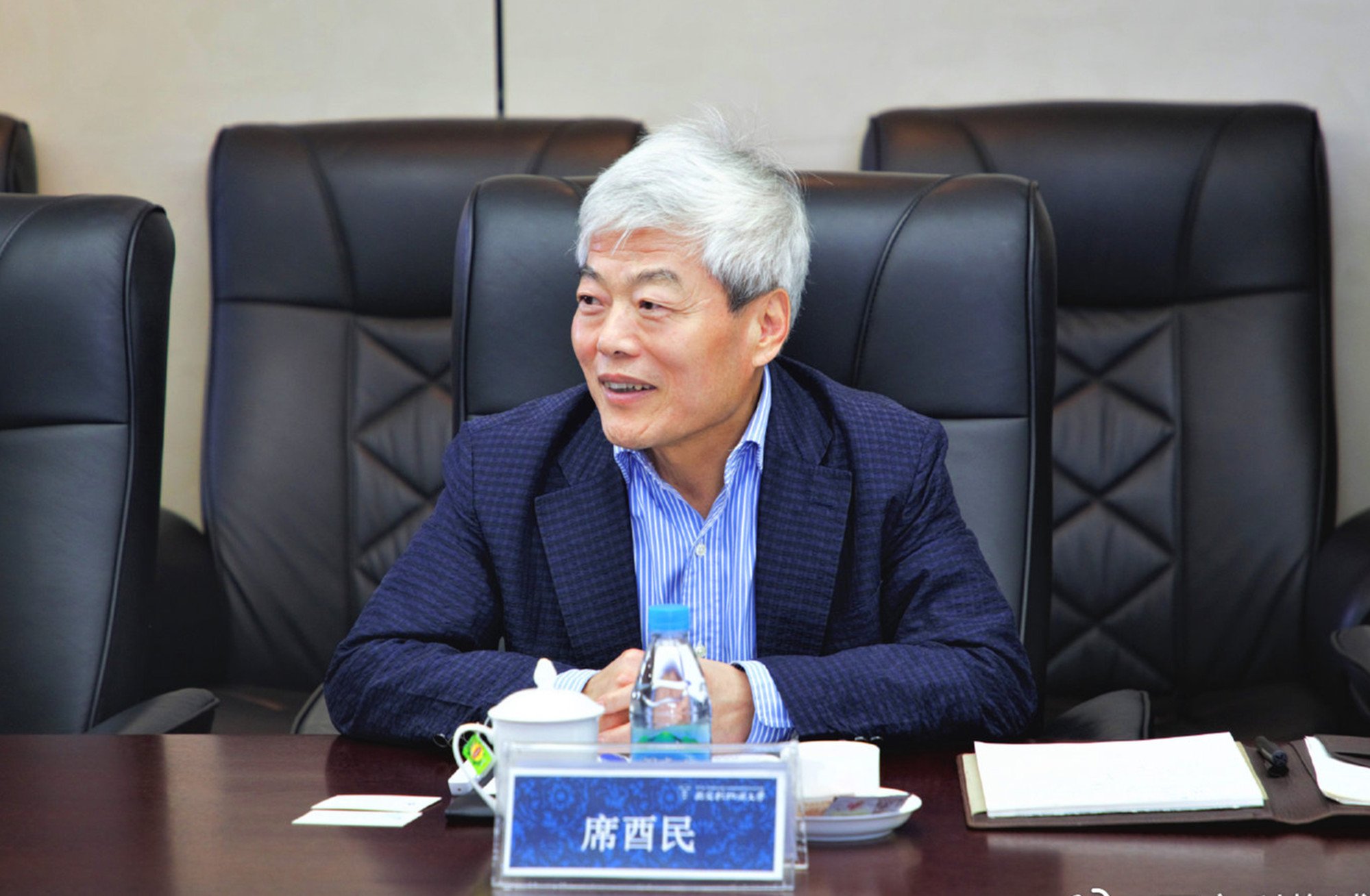University Bridging China and West Faces Geopolitical Challenge

The Role of International Students in Bridging Geopolitical Divides
Geopolitical tensions are increasingly influencing academic freedom and scientific research, but some university leaders believe that increasing the presence of foreign students and visitors could help foster greater understanding of China. Xi Youmin, president of Xian Jiaotong-Liverpool University (XJTLU) in Suzhou, Jiangsu province, argues that easing visa restrictions for international students and visitors could be a step toward improving global perceptions of China.
Xi highlighted that the world is currently facing a period of division driven by conflicts, geopolitical rivalries, and trade wars, particularly between the United States and other nations. This uncertainty has left many people feeling confused and uncertain about the future. He noted that the closure of joint venture universities in China and investigations into scientists of Chinese descent in the U.S. have been significant shocks to the global scientific community. "People used to believe that science and knowledge transcend national borders," he said.
Geopolitical Tensions and Their Impact on Universities
The influence of geopolitics on academia has become more pronounced, with universities facing pressure to conform to political agendas. In the U.S., for example, the government's crackdown on diversity, equity, and inclusion initiatives has led to concerns over funding cuts and political interference. Xi described this as an abnormal trend that threatens the independence of academic institutions.
XJTLU, a Chinese-British joint venture established in 2006 by Xian Jiaotong University and the University of Liverpool, has faced scrutiny over its collaborations with entities sanctioned by the West. A report by the Australian Strategic Policy Institute (ASPI) highlighted XJTLU's partnerships with organizations like the National Supercomputing Centre in Wuxi and the Shanghai Institute of Microsystem and Information Technology—both of which are on the U.S. entity list. The report also pointed to the university’s Centre for China-Russia Humanitarian Cooperation and Development, which has ties to a Russian state agency sanctioned by the European Union.
In response, Xi emphasized that XJTLU operates under Chinese law and is not bound by the American entity list. However, he acknowledged that research projects involving collaborators on the UK sanctions list may face scrutiny from the British government. He called these restrictions "unreasonable" for the scientific community and warned that they could lead to a loss of academic freedom.
The Changing Landscape of International Education
As geopolitical tensions rise, many American universities are reevaluating their partnerships in China. Institutions such as Georgia Tech, the University of Michigan, and the University of California, Berkeley have either withdrawn from or scaled back their collaborations with Chinese counterparts. However, Xi believes that British institutions are likely to continue their partnerships, albeit with increased scrutiny.
International students play a crucial role in the economies of both the U.S. and the U.K. In the U.K., overseas students contributed GBP37 billion (US$49.2 billion) in net economic benefits in 2021. Meanwhile, the U.S. saw a record high of 1.1 million international students in the 2023 academic year. Although the U.S. remains the top destination for international students, uncertainties surrounding policies under former President Donald Trump have led some to reconsider where they study.
China has emerged as the third-largest host country for international students, with approximately 500,000 enrolled in 2023. A study by researchers at Tsinghua University found that economic factors, such as lower living costs and better career prospects, are key drivers of student mobility to China. However, the country’s contemporary culture does not serve as a strong pull factor due to challenges in explaining it to foreign audiences.
The Future of Global Education and Cultural Exchange
Xi Youmin envisions a future where XJTLU continues to expand its global network, collaborating with students and researchers from Southeast Asia, the Middle East, and Europe. He believes that the university's late-mover advantage allows it to operate free from the historical burdens that often constrain traditional institutions.
As the global order continues to shift, Xi emphasizes the importance of cultural confidence and open dialogue. He calls on the Chinese government to consider relaxing visa restrictions to promote deeper cultural exchanges. "True cultural confidence means allowing the world to understand the essence of our culture and the living standards of our people," he said.
With the world becoming increasingly interconnected, fostering international collaboration and understanding will be essential for the future of education and global development.

Comments
Post a Comment